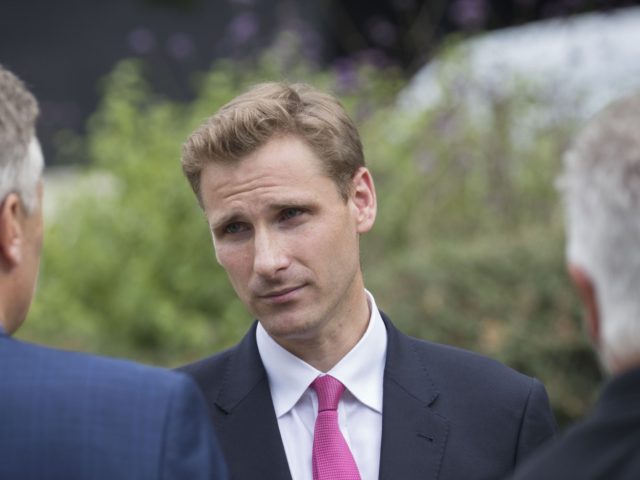A further tightening of criminal restrictions on online speech is being looked at by the UK’s Conservative Party government.
UK Conservatives within government are looking at the possibility of further tightening restrictions on online speech, with officials looking at criminalising posts that are “likely to cause harm” as part of a new Online Harms Bill.
The UK’s hate speech rules already in place have previously been accused of allowing “trolls” and “conmen” to weaponize the police, while the UK Home Secretary Priti Patel has promised to take measures protecting free speech.
According to a report by The Telegraph, the Tory government is reportedly considering the possibility of expanding criminal restrictions on online speech to include any message or post where the sender either intended to harm someone, or was “aware of” the fact that it would harm someone.
Under the expansion, proposed by the UK’s Law Commission, no proof would be required regarding whether someone was actually harmed by the post.
Other changes being considered include making sending or posting “knowingly false communications” an offence, along with inciting, encouraging, or participating in what The Telegraph calls “pile-on harassment”.
Chris Philp, who serves as Minister for Technology and the Digital Economy, reportedly said the offences recommended by the commission were being “carefully considered”.
“The online safety bill is a genuinely groundbreaking and world-leading piece of legislation designed to make sure the United Kingdom is the safest place to be online, anywhere, in the world,” Philp said on Tuesday during a meeting of the Digital, Culture, Media and Sport Sub-committee on Online Harms and Disinformation.
Philp also lauded the bipartisan nature of the bill, emphasising that both Conservatives and those in opposition — which includes Britain’s leftist Labour Party — had an appetite for it.
“[The bill] is one that’s not really party-political,” Philp said. “It’s not really ideological. It’s a bill I think all of us have… regardless of party have the same objectives.”
Hate speech rules in the UK have repeatedly been lambasted by critics, with Graham Linehan — who created the hit television show Father Ted — recently claiming that the laws were being used by “trolls” and “conmen” to harass opponents.
“I’ve been confronted three times by police on the orders of online trolls,” Linehan — an outspoken critic of transgender self-identification laws — previously told Breitbart London. “The police in the UK have been acting on behalf of what is essentially a criminal gang of misogynists and conmen who use muddled laws to avoid scrutiny and criticism.”
The country’s Home Secretary, Priti Patel has also claimed that she will protect freedom of expression by overruling the recording of non-crime hate incidents by police.
“The police will always have my backing to fully investigate hate crimes, but they must do so whilst protecting the fundamental right of freedom of expression,” Patel said, with another government source claiming that those in power “want officers to focus on policing actual crime, not hurt feelings”.
Despite these statements made by UK government insiders, strict rules regarding speech remain in place.
Of particular note are the rules of the nation’s media regulator Ofcom, which bans the airing of hate speech on programs, including “all forms of expression which spread, incite, promote or justify hatred based on intolerance on the grounds of disability, ethnicity, social origin, gender, sex, gender reassignment, nationality, race, religion or belief, sexual orientation, colour, genetic features, language, political or any other opinion, membership of a national minority, property, birth or age”.
What’s more, under the new Online Harms Bill, the reach of the regulator looks set to expand even further, with tech bosses who refuse to cooperate with Ofcom to soon face criminal sanctions, including jail time, under proposed rules.
“We have heard the messages about the need for Ofcom to have proper powers to gather information and to properly enforce,” The Telegraph reports Philps as saying.

COMMENTS
Please let us know if you're having issues with commenting.